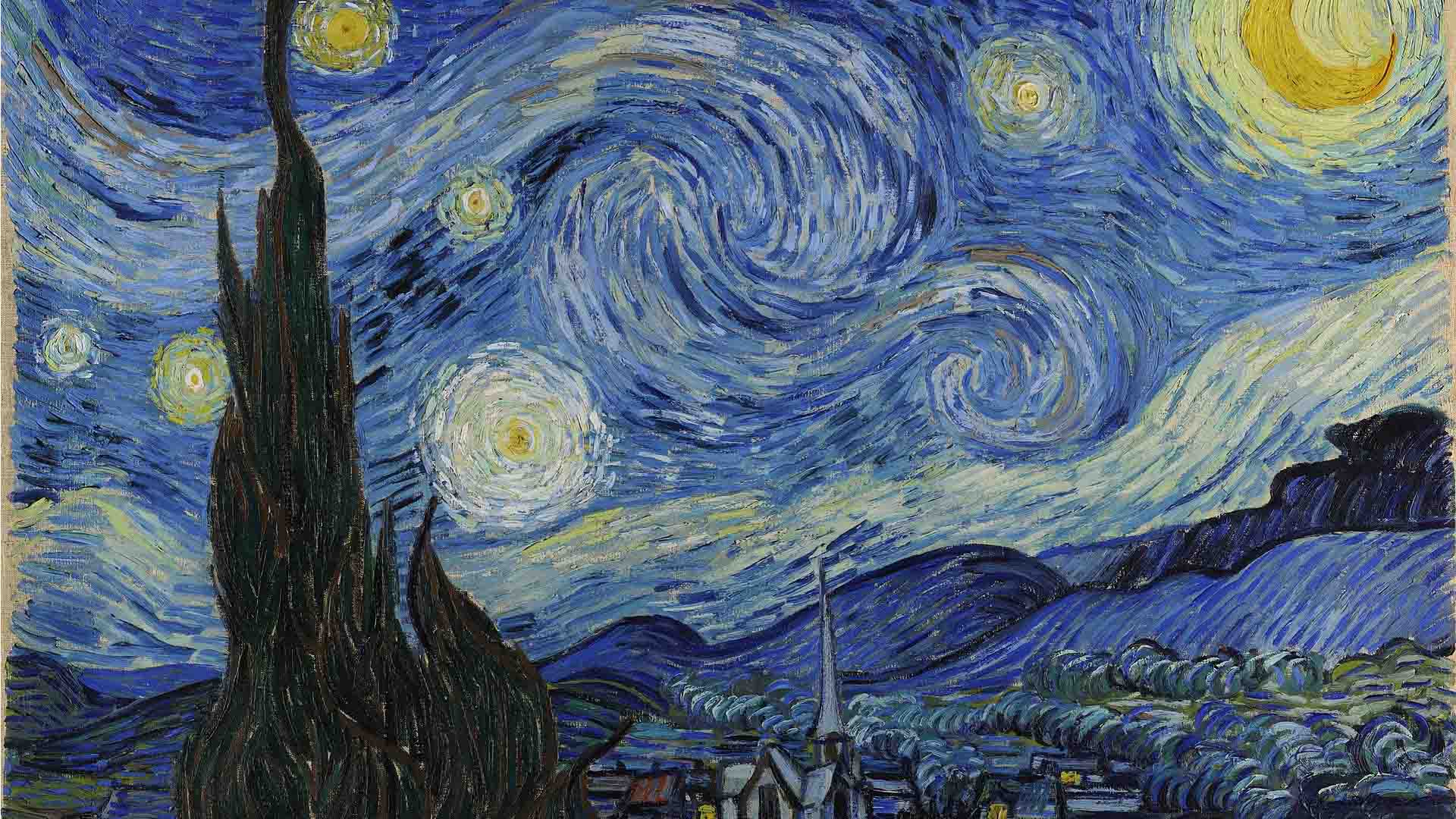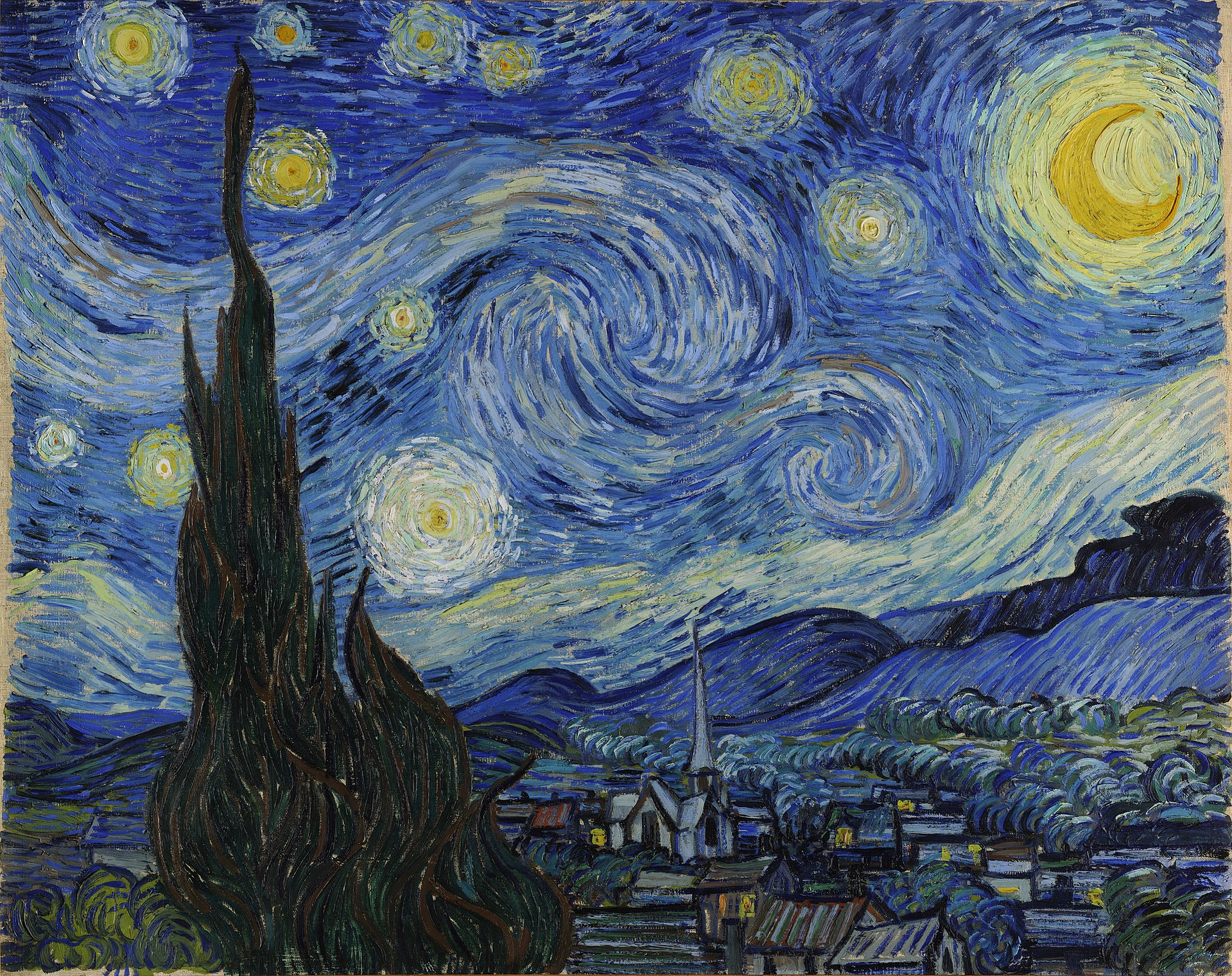
Many well-meaning newcomers to the Bible may feel quickly deflated by the apparent moral ambiguity they find on some of its pages. They were led to believe that the Bible is the Word of God, and that God is clearly perfect and loving, so they expect the Bible to be loving and perfectly clear. Patient readers may be willing to overlook scriptural discrepancies where historical dates and minor details are concerned, but when it comes to morally unambiguous issues like violence, slavery, and women’s equality, it’s more than fair to expect the Bible’s teachings to be explicitly good.
It doesn’t take long for a Bible newbie to discover that many of the stories and laws in the scriptures fall painfully short of the moral perfection we might expect from a book that claims to be inspired by the one true God. In some instances, biblical teachings about gender roles, human sexuality, the eternal destiny of unbelievers seem out of step with modern-day ideals like inclusion, affirmation, and diversity. This conundrum leaves many Bible readers asking, “If God is so perfect, why isn’t His Word?”
 For people who struggle with certain passages of Scripture, the first step in learning to love the Bible can be understanding how your perspective affects what you’re seeing on its pages. Imagine yourself in New York’s Museum of Modern Art, standing in front of Van Gogh’s masterpiece, “Starry Night.” Hoping to understand the method to Van Gogh’s madness, you lean toward the painting as far as you can without incurring the guard’s wrath and, raising a magnifying glass to your face, you zero in on a single, small, isolated section of this great work of art. What do you see?
For people who struggle with certain passages of Scripture, the first step in learning to love the Bible can be understanding how your perspective affects what you’re seeing on its pages. Imagine yourself in New York’s Museum of Modern Art, standing in front of Van Gogh’s masterpiece, “Starry Night.” Hoping to understand the method to Van Gogh’s madness, you lean toward the painting as far as you can without incurring the guard’s wrath and, raising a magnifying glass to your face, you zero in on a single, small, isolated section of this great work of art. What do you see?
 Chaos. Messy, formless, seemingly random chaos. You see nothing but yellow, blue, and black smudges with no apparent rhyme or reason. Feeling underwhelmed, you fix your gaze on another section of the painting, only to find an entirely different kind of chaos: dots upon dots upon more dots.
Chaos. Messy, formless, seemingly random chaos. You see nothing but yellow, blue, and black smudges with no apparent rhyme or reason. Feeling underwhelmed, you fix your gaze on another section of the painting, only to find an entirely different kind of chaos: dots upon dots upon more dots.
 After casually admiring “Starry Night” from a distance for much of your life, you expected to find more beauty and cohesion in Van Gogh’s work up-close, but the closer you get, the uglier it looks and the less sense it seems to make.
After casually admiring “Starry Night” from a distance for much of your life, you expected to find more beauty and cohesion in Van Gogh’s work up-close, but the closer you get, the uglier it looks and the less sense it seems to make.
Shaking your head, you slide the magnifying glass into your pocket, trying to understand what you just saw. You step back for one last look, and there it is again: the masterpiece you love. From this distance, what you failed to see up-close comes into focus: all the ordinary, ugly parts work together to make something extraordinarily beautiful. You glance around the room at other works by Van Gogh, Pissarro, Monet, and Cassatt, and at last, you realize the true genius of the Impressionists. They understood something that most people miss: up close, life on earth can seem like meaningless noise, but from a distance, it’s perfection.
Astronauts in outer space often experience the same phenomenon when they reach orbit and look back at planet earth for the first time. Many of these highly-trained interstellar scientists report entering a state of absolute mental clarity called the Overview Effect, which leaves them feeling overwhelmed by the mystery of existence and the sheer size of humanity’s spatial home. The sixth man to ever walk on the moon was Apollo 14 Astronaut Edgar Mitchell, who said, “The beauty of seeing earth as a planet as opposed to being down here among it is a wonderful experience.”
That’s the difference perspective makes. In the minutiae of day-to-day life, earth can seem like a lackluster, burdensome place. Those who have taken a cosmic “step back” to see the bigger picture would beg to differ. When Astronaut Nicole Stott returned from the International Space Station, she said,
“You start out with this idea of what it’s going to be like, and then when you do finally look at the earth for the first time, you’re overwhelmed by how much more beautiful it really is. It’s just this dynamic, alive place that you see glowing before your eyes.”
A common theme among astronauts who have experienced the Overview Effect is the feeling that life on earth is a gift that should never be wasted or taken for granted. Consider the profound reflections of NASA Astronaut Ron Garan who, after laying eyes on earth from outside the International Space Station, was struck by the unlimited possibilities that perspective can afford us:
…[I]t was as if time stood still, and I was flooded with both emotion and awareness. But as I looked down at the Earth — this stunning, fragile oasis, this island that has been given to us, and that has protected all life from the harshness of space — a sadness came over me, and I was hit in the gut with an undeniable, sobering contradiction. In spite of the overwhelming beauty of this scene…I couldn’t help thinking of the nearly one billion people who don’t have clean water to drink, the countless number who go to bed hungry every night…Part of this is the realization that we are all traveling together on the planet and that if we all looked at the world from that perspective we would see that nothing is impossible.
How could something as messy as this polluted planet, replete with pain and suffering, inspire someone to say, “Nothing is impossible”? It’s all about your perspective. Whether you’re looking at a work of art, planet earth, or the Bible, your point of view will determine what you see. Read up-close with a magnifying glass, the Good Book contains some very bad things. Zoom in on the wrong parts, and you’ll likely feel underwhelmed, if not disgusted. But a change in perspective changes everything. Sometimes you have to step back to see the beauty.
Occasional lists of Levitical laws don’t make the Bible a rulebook.
A chapter full of numbers can’t reduce it to a spreadsheet.
A handful of battle scenes don’t make it a bloodbath.
Step back from the instances of isolated chaos to observe the scope of Scripture’s sweeping story, and it all comes into focus. The Bible is messy up close because life is messy. The Bible is messy up close because love is messy. The Bible is messy up close because God is love.
And more than anything else, the Bible is the story about a God who got messy so we can see how much He loves us.